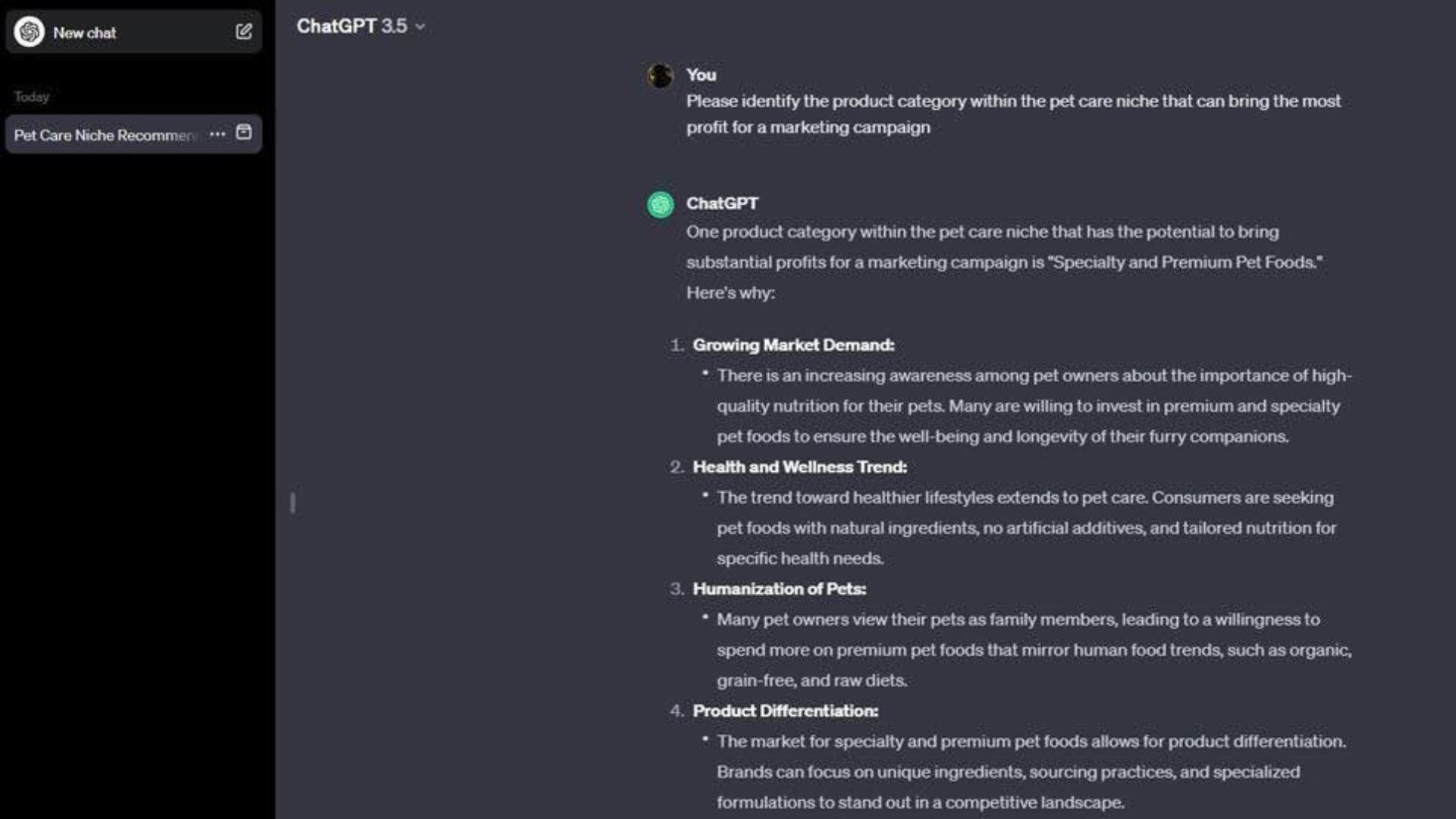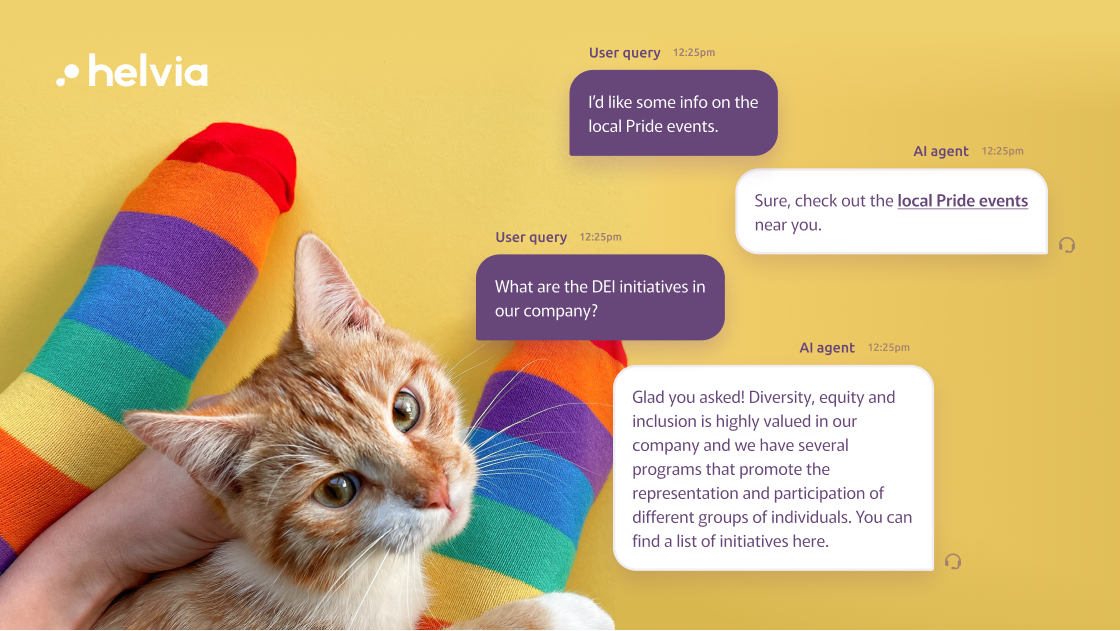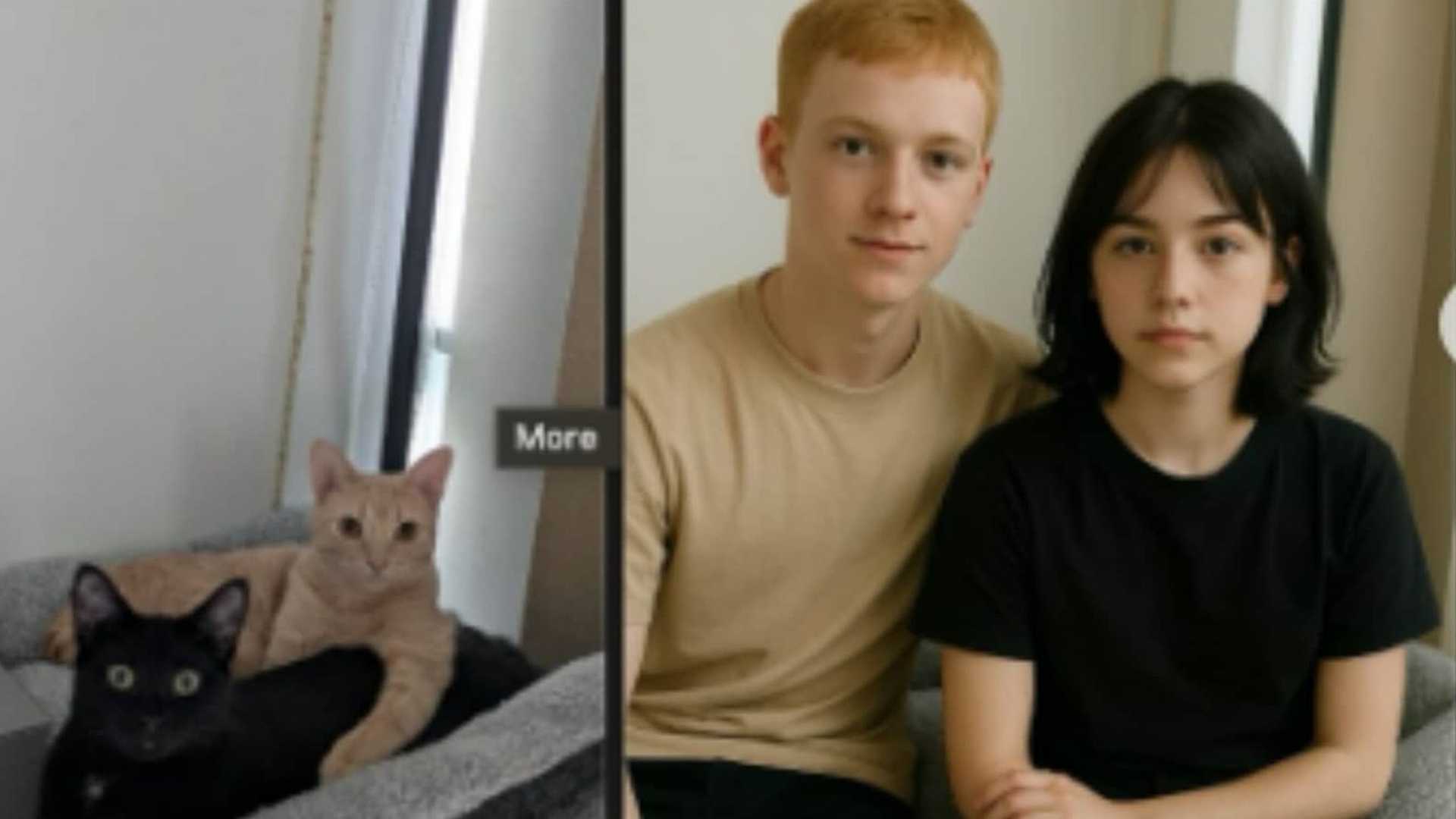ChatGPT 'pet-to-person' trend: Imagine animals, but as 'white people'...
A new social media trend has emerged where pet owners are sharing photos of their beloved cats and dogs, and using ChatGPT to visualize what their furry companions would look like as humans. The results have been overwhelmingly delightful, with many of the AI-generated images being cute, amusing, and surprisingly heartening.

However, amid the trend's popularity, some users have raised concerns about potential racial biases in the generated visuals. Specifically, there have been instances where black cats and dogs were depicted as white individuals in the AI-rendered representations, sparking accusations of racial insensitivity.
The Origin of the Trend
The trend began with a post on ChatGPT's official Instagram page, inviting users to explore the transformation of their pets into human counterparts. The company encouraged users to upload a photo of their pet and request to see a humanized version, suggesting that users could provide specific attributes or personality traits of their pets for a more personalized depiction.

Several participants shared their outcomes on social media platforms, highlighting the intriguing and sometimes questionable transformations that the chatbot produced. In a handful of cases, black-furred pets were translated into white human figures, prompting discussions about the underlying implications of such visual representations.
Community Response
Upon noticing the discrepancies in the AI-generated images, some users voiced their concerns regarding the potential racial bias embedded in the trend. Comments such as "Anyone else see the bias here?" and "Little racially biased as usual" surfaced, drawing attention to the unintended but impactful portrayal of pets as individuals of a different race than their natural appearance.

While the trend initially gained traction for its whimsical and creative nature, the discussions surrounding the depiction of pets as 'white people' raised important questions about algorithmic biases and the responsibility of AI creators to ensure inclusive and respectful representations.
Expansion of the Trend
As the trend evolved, social media platforms were inundated with Ghibli-style visuals, inspired by the renowned animation style of Japan's Studio Ghibli. Users discovered the potential to infuse their AI-generated images with the distinctive charm and aesthetic of Ghibli films, further fueling the trend's popularity and creativity.
For the latest updates on business news, breaking news, events, and more, visit Live Mint. Don't forget to download The Mint News App for daily market updates and access to premium stories.

Engage with us by logging in to our website and saving your bookmarks for quick and easy access to relevant content.










